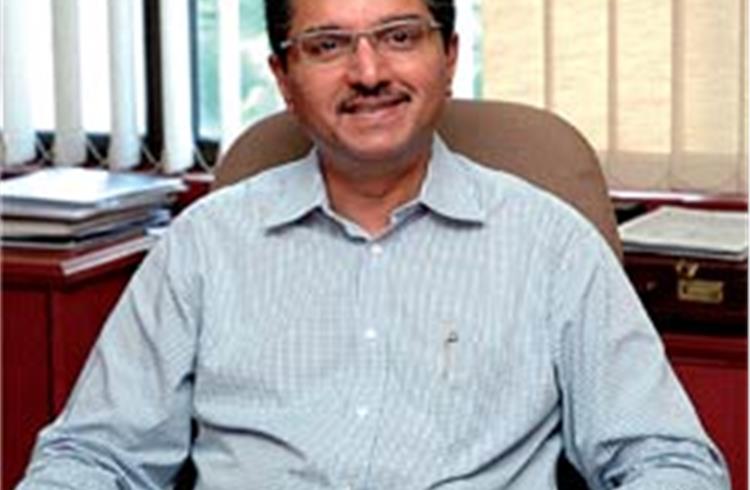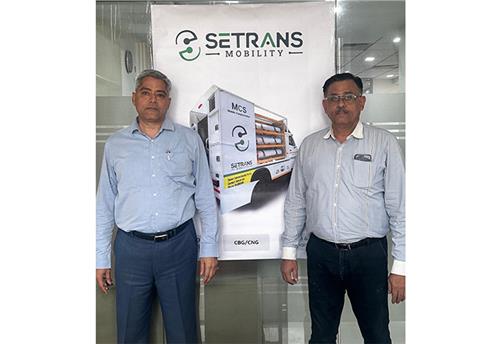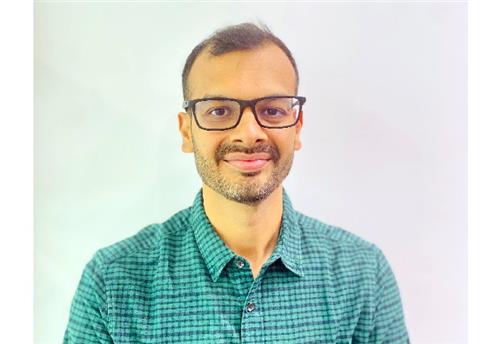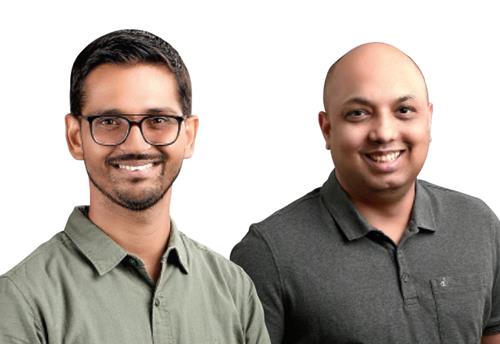November 1, 2012: L Ganesh, Chairman , Rane Group
Rane (Madras), which has been practicing TQM since long and the recipient of the prestigious 2012 Deming Grand Prize, is the second Rane Group company to win it. Shobha Mathur speaks to L Ganesh, chairman of the Rane Group.
Congratulations on Rane (Madras) bagging the Deming Grand Prize. How have you consistently maintained Total Quality Management?
We have received the Deming Grand Prize (DGP), earlier Japan Quality Medal, for Rane (Madras), which manufactures manual steering gears, steering suspension linkage products and hydraulic products. DGP is the highest level of recognition for quality in Japan and has been awarded to all the manufacturing facilities of Rane (Madras) located at Chennai, Mysore, Pondicherry, Varanavasi (60km from Chennai) and Pant Nagar (Uttarakhand) with the corporate office located at Chennai. RML is the second company to have received the Deming Grand Prize in the Rane Group. Rane TRW Steering Systems Ltd (RTSSL), which manufactures power steering systems, received this award last year (2011). With this new DGP award, the Rane Group has a rich collection of four Deming Prizes and two Deming Grand Prizes. Companies which have won the Deming Prize and who continue to pursue TQM diligently can aspire for the Deming Grand Prize.
How does the Group plan to continue maintaining quality levels in its companies and facilities?
Reaching world-class quality is our objective. Most of our products have a very high quality and reliability level. We have laid out a structured system, quality procedures and a planned review mechanism using TQM methodology at all our manufacturing locations. Kaizen (continuous improvement) and quality control circles are the main drivers for identifying current gaps in the system and improving the level of quality.In addition, a Group level apex council audit is conducted across the companies to ensure TQM sustenance and quality.
What is the significance of the Deming Grand Prize?
The Deming Grand Prize was originally established as the Japan Quality Medal; the change of name happened in 2012. An organisation may apply for the DGP three years or more after it has received the Deming Prize.When it is recognised that implementation of TQM has improved substantially beyond the level that existed at the time it won the Deming Prize (the Quality Control Award for Operations Business Units), the organisation is awarded the DGP. This is done by an intense audit by expert practitioners of TQM from Japan. Therefore, for those organisations that have been practicing TQM for a long time, receiving the Deming Grand Prize is the highest honour.Including RML, only 25 companies globally have received the Deming Grand Prize since its inception in 1970. RML is the fourth Indian company to have achieved this milestone.
What were the special initiatives taken at the Rane (Madras) facilities?
RML has initiated various special initiatives like product cell formation using LEAN principles, an in-house training centre for operators and trainees, upgraded test facilities, proposal-type future new product development, and 100 percent statistical process controls in manufacturing, with focus on meeting customer needs. These initiatives and facilities were implemented as a measure to improve the productivity, quality and for enhancing the company’s business prospects.
Will these initiatives also be replicated in other facilities?
Yes. The Rane Group aspires to be a learning organisation. Benchmarking within the Group is encouraged to learn the good practices and replicate them. Group-level functional forums, apex council audit and benchmarking visits are facilitated for replicating the improvements.
How do the initiatives undertaken at the prize-winning facilities lead to benefits for the organisation?
Firstly, it leads to a continuous improvement culture and the willingness to challenge the status quo. Also, it ensures higher employee involvement which, we believe, will help the organisation to become more and more customer-centric. All these initiatives have resulted in significant improvements in meeting business objectives in terms of sales growth, quality performance, productivity among others.
How do you see the road forward?
Continue with the TQM practices and focus on the improvement culture. Sustain the learning and knowledge and build an organisation that is enduring and successful at all times.
RELATED ARTICLES
Setrans Mobility Booster Charging top-up 25% EV range in 15 minutes
Two enterprising tech-savvy entrepreneurs Rana Roshan Singh and Vivek Ummat of Noida, Uttar Pradesh-based start-up Setra...
'Our products are proudly 100% designed and made in India'
Creatara Mobility, a New Delhi based electric two-wheeler startup, claims to have tackled various challenges in making i...
'EVs have been around for a much smaller time than ICE, so best practices are still evolving'
EV OEMs and start-ups are under pressure to reduce production costs and bring them close to ICE counterparts. Vaibhav Ku...





 By Autocar Pro News Desk
By Autocar Pro News Desk
 01 Nov 2012
01 Nov 2012
 5749 Views
5749 Views









